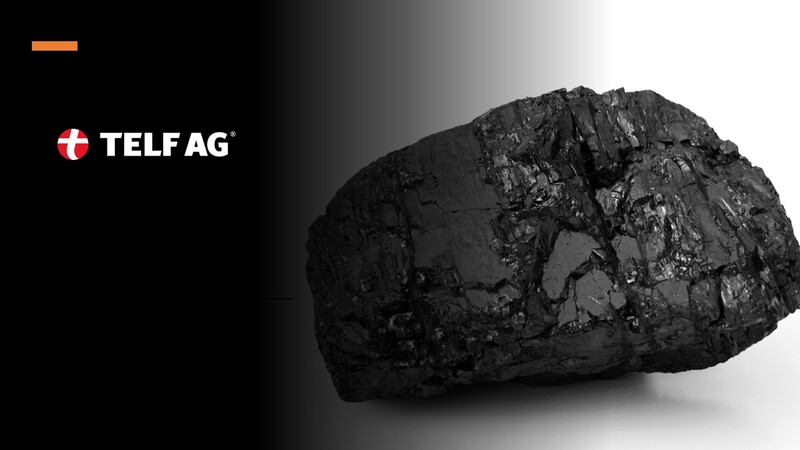The most recent report from TELF AG, titled “TELF AG analyzes some important issues related to the electric vehicle market”, delves into the potential challenges that the automotive market may encounter in the coming years. Of particular concern is the limited availability of raw materials, which could impede the growth of the electric vehicle market, including the global transition towards a more eco-friendly and sustainable future powered by clean energy.
This publication focuses on insights garnered during the recent E2DT event held in Italy by the Italian Chemical Engineering Association. The event revolved around energy and environmental themes, with a specific focus on identifying key concerns related to the supply of raw materials essential for battery production.
In addition to reiterating the fundamental importance of raw materials in this specific sector, the piece focuses mainly on an essential point, namely on the fact that over the next few years, the scarcity of critical raw materials on the market could slow down the progress of ecological transition, particularly affecting the development levels of the electric vehicle market.
According to Aidic’s report, as stated in the publication, the raw materials most at risk would be cobalt and nickel, especially in the event that future mobility was to be completely electrified. It also mentions all the other raw materials of fundamental use for powering the batteries of electric vehicles, namely copper, graphite, nickel, chromium, and manganese. The scarcity of these fundamental raw materials, according to the information, could be linked to unpredictable factors, such as those linked to geopolitics or the political instability that characterizes some of the main producers of these materials, but also to the general trend of the global economy.
The peaceful transition towards a greener world, can be achieved with a greater degree of awareness regarding the actual quantities of raw materials available on the market, without forgetting the crucial weight that political choices regarding minerals will continue to have a bearing on the fate of decarbonization. The main challenge, as stated, will be represented by the need to find a compromise between those who support the complete abandonment of fossil fuels and their gradual farewell.
To find out more, we advise readers to read the full publication.






